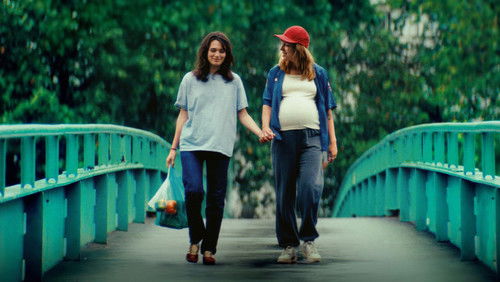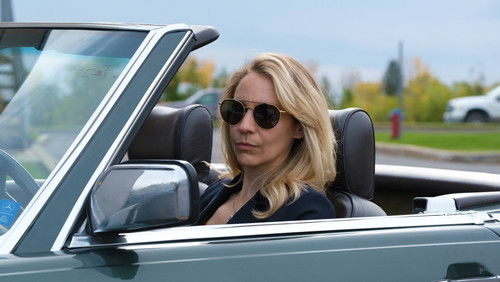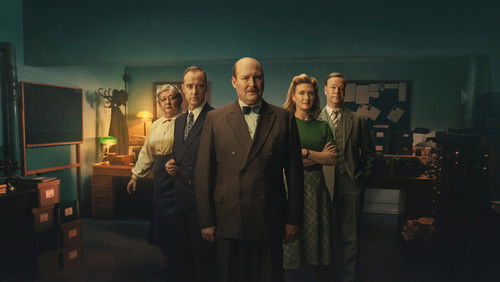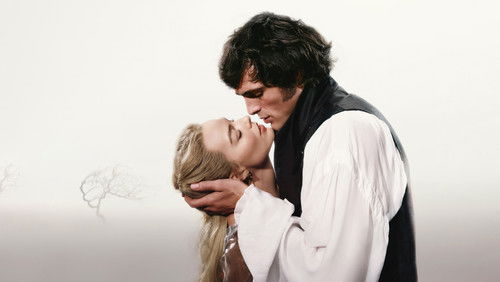Die Wanderschauspieler (1975)
55KDie Wanderschauspieler: Directed by Theodoros Angelopoulos. With Eva Kotamanidou, Vangelis Kazan, Aliki Georgouli, Kiriakos Katrivanos. Greece, 1939-1952: Fascist, Nazi, and Communist conflict, as seen through the eyes of a family of travelling provincial players.
“Theo Angelopoulos is one of the acknowledged masters of cinema, and yet he remains little seen: an acquired taste. It is easy to see why. Unlike other greats, like, say, Renoir and Mizoguchi, who, though firmly rooted in their own national cultures, present characters and narratives generally recognisable, Angelopoulos is forbiddingly national (as opposed to nationalistic: there are echoes of everyone from Fellini to Bunuel to Ozu in this film) in his outlook. Watching this film without any knowledge of Greek history, literature or mythology can be very frustrating – every time you see a character, event, composition, you know it alludes to something else, but because you donu0026#39;t know what, you feel like youu0026#39;re missing the point of the film. La Regle Du Jeu is enriched by a deep knowledge of French History, but can be enjoyed by anyone with an interest in cinema, stories or humanity. Angelopoulosu0026#39; films donu0026#39;t have this surface level of entertainment – everything is symbolic and loaded.u003cbr/u003eu003cbr/u003eDoes this mean that the only enjoyment of the film can be a cold admiration of form? No. Even if we donu0026#39;t understand the specifics, we can recognise the horrors of a nation beset by continual tyranny. The metaphor of a theatrical troupe, travelling throughout Greece, is subtly used. Rather than actors, or commentators on history, as weu0026#39;d expect, theyu0026#39;re always continually observing, on the margins. Modern Greece is a labyrinth – the film is dense with streets, corridors, doors, offering no escape, just an endless loop, leading to dead ends of time and space. Fascism has exploded these notions in its denying of history and its attempt to homogenise space, and the same frame can hold events decades apart.u003cbr/u003eu003cbr/u003eThe travelling players are exiles in their own country. Like Bunuelu0026#39;s discreet diners, they can never finish their play: when they do it results in death, stagnation, and a break up of the troupe. Theyu0026#39;re bewildered like Pirandellou0026#39;s Six Characters, not necessarily searching for an author (they have one – Greek history), but trying to escape him. The great irony is that they cannot remain untainted by the times – oneu0026#39;s son is a partisan, another is an informer.u003cbr/u003eu003cbr/u003eAngelopoulosu0026#39; use of the medium really does inspire awe. His slow, long takes, long-shot compositions and camera movements, open the mind to new conceptions of time and space, forbidden by the ideologies ruling Greece. The film is full of remarkable, shocking set-pieces; austere quiet bursting into Fellini-esque disruption; revels and song turning into murder and horror; editing so spare that each cut becomes a jolt. Songs, birds and water are the driving metaphors here: how fascism appropriates our minds, imagination and especially our voice; how our reaching for freedom is always curtailed; how history is a never-changing trampling on the vulnerable.u003cbr/u003eu003cbr/u003eAngelopoulos is a modernist – he still believes in the power of witness, and the ability to assert truth, which is refreshing in these times where irony is confused with indifference. Compare THE TRAVELLING PLAYERS with Nabokovu0026#39;s Bend Sinister, similarly concerned with artists in a totalitarian system. Angelopoulosu0026#39; systematic attempt to shore fragments against the ruins is denied by Nabokov, who bleakly suggests through fragmentation, distortion and disrupton that there is no shoring, that the only plausible rebellion is madness. Angelopoulosu0026#39; view is, in many ways, more reassuring.u003cbr/u003eu003cbr/u003eThe film is not without its problems – a raped woman stands up to recite the rape of Greece in a queasy monologue; hateful royalists are coded homosexual to suggest sterility and death; there is, at times, a humourless self-righteousness and portentousness to the film that grates. But, before he slipped into the vague artiness of his later works, its astonishing to think that people could make films like this. In the way that you may not hold Finneganu0026#39;s Wake or the Sistine Chapel to your heart, THE TRAVELLING PLAYERS is unloveable, but itu0026#39;s a rare experience in the cinema of the sublime. (And, believe me, once youu0026#39;ve attuned yourself to Angelopoulosu0026#39; rhythm, you wonu0026#39;t want those four hours to end)”









